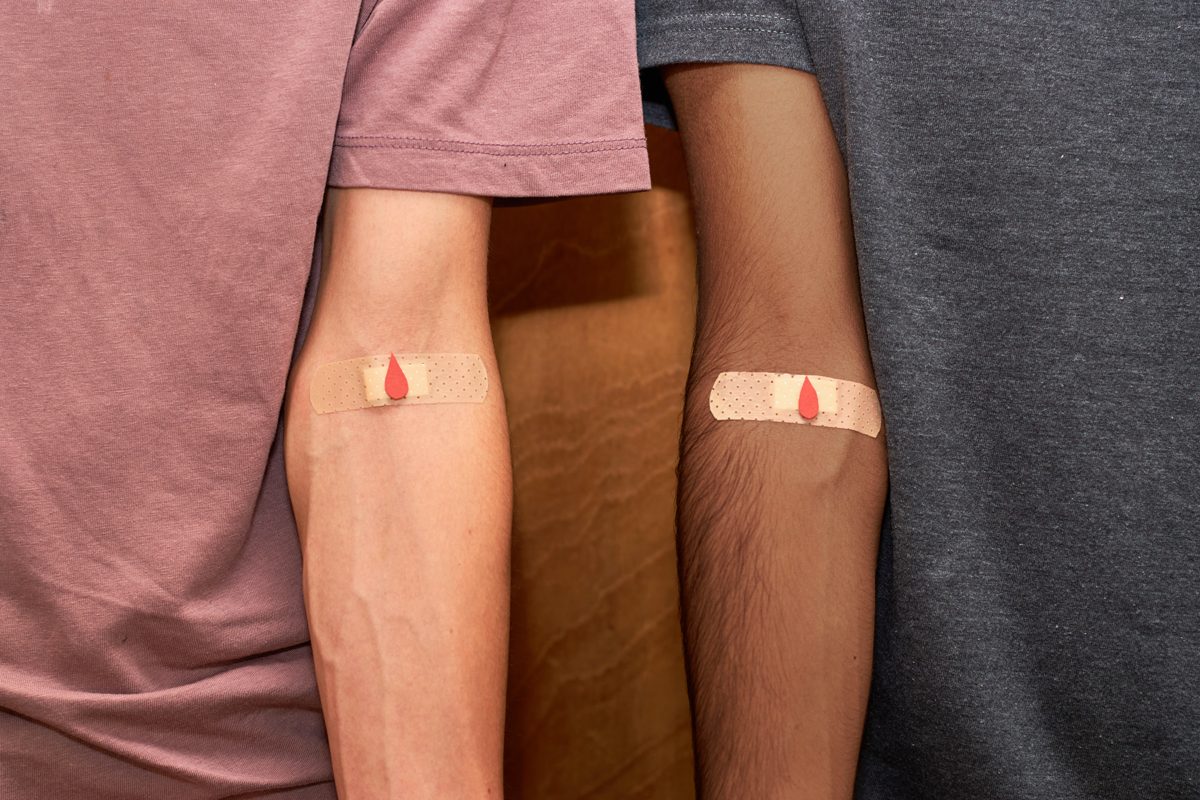
Individual Donor Assessment — Changes to Blood Donation Deferrals
In May 2023, the Food and Drug Administration (FDA) released a final revised guidance regarding risk assessment for sexually transmitted infectious diseases (most notably HIV) that can be transmitted through transfusion. Stanford Blood Center is currently working to implement these changes operationally, and we expect the changes to take effect this fall.
POLICY CHANGE
Previously, a man who had sex with another man within the last three months was deferred for three months following their last sexual encounter. Additionally, a woman was deferred if, in the past 3 months, she had sex with a man who had sex with another man in the past 3 months. Individuals were assessed based on the gender they identified with and nonbinary individuals were assessed using both criteria.
Under the new guidance, the FDA recommends an “individual donor risk assessment” approach that does not depend on gender; instead, all donors will be asked the same questions about high risk sexual behavior. More specifically, any donor who reports having a new partner or more than one partner in the past 3 months will be asked a follow up question about anal sex. If anal sex is reported, the donor will be deferred for 3 months following the sexual encounter.
The new guidance also requires a 3 month deferral for anyone who has taken an oral PREP (pre-exposure prophylaxis) or PEP (post-exposure prophylaxis) medication to prevent HIV transmission. A 2 year deferral is required if an injectable, long-acting PREP or PEP medication was taken. The deferral for PREP and PEP medications is based on available data that indicate that these medications may delay the detection of HIV by currently licensed screening tests for blood donations, potentially resulting in false negative results in infected individuals.
SAFETY
The safety of this change is supported by many years of extensive data collected through the FDA’s Transfusion Transmitted Infections Monitoring System (TTIMS) and the recent Assessing Donor Variability and New Concepts in Eligibility (ADVANCE) Study (you can read more about SBC’s participation in this study here), as well as studies and real-world evidence from countries, including the UK and Canada, that already operate under a similar screening system.
Please bear in mind that the donor history questionnaire is just one of multiple layers of screening for diseases like HIV, which also includes laboratory testing on all donated products.
IMPACT AND ACCESS
Stanford Blood Center has long supported research on an individual risk-based approach for donors. This new policy is a major step forward in the ongoing work of bringing equality and fairness to America’s blood donation policies while maintaining the safety of the blood supply. By basing a person’s ability to donate on their individual donor assessment rather than sexual orientation, more gay and bisexual men will now be able to safely donate blood without abstaining from sex. We will continue to work with local LGBTQ+ groups to discuss their perspectives and concerns as the changes are implemented within our blood collection operations.
Although some individuals will be deferred due to the use of PREP or PEP medications, the FDA and blood centers across the country recommend that donors continue medicine regimes as prescribed by their physicians and do not discontinue or delay taking medications to be eligible to donate blood. The FDA has indicated that they will continue to examine the evidence related to PrEP/PEP medications and blood donation to determine if any possible changes can be recommended in the future.
QUESTIONS?
More information will be shared as we gear up to implement this policy at Stanford Blood Center in fall 2023. If you have any questions in the meantime about safety or eligibility related to the new individual risk assessment, please contact our Resource Nurse at 650-725-7336.
For media questions, please contact Jenn Bennett, Marketing & Communications Director (jenn.bennett @ stanford.edu).
